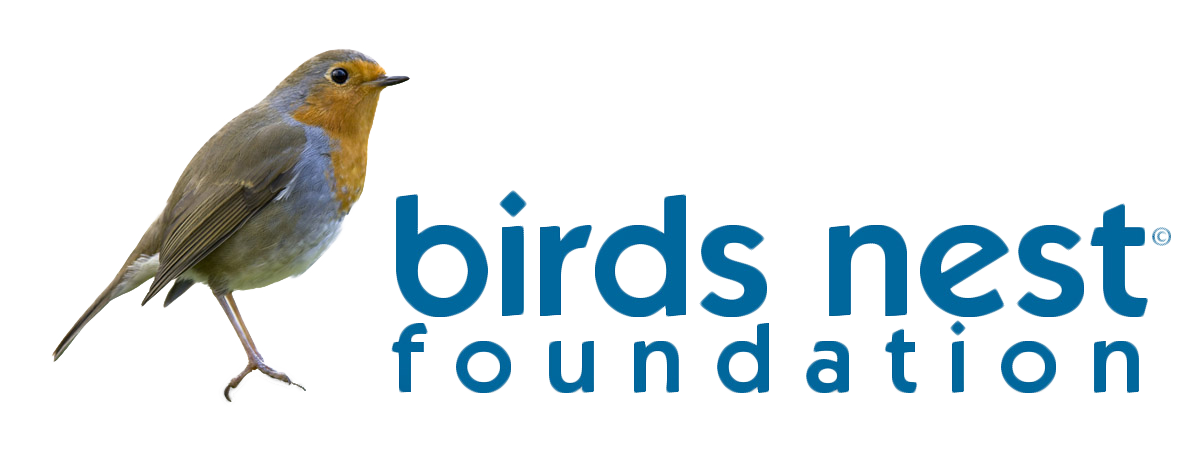Basic Q&A on Ebola
If you’re an avid watcher of the news, you are already familiar with Ebola. But if you’ve been living under a rock these past months, you’re missing out on an epidemic that may affect you in the future. The Q&A below contains the most important information you need to know about Ebola:
What is Ebola? – It is a severe and often fatal virus disease.
Why is Ebola a current hot topic? – West Africa is experiencing a deadly outbreak of the disease. It is the largest Ebola outbreak in history and the first in West Africa.
What are the origins of Ebola? Its first appearance was in 1976 in 2 simultaneous outbreaks in Sudan and the Democratic Republic of Congo. The origins are unknown, but based on evidence, fruit bats are hosts of the disease.
Where has Ebola spread? Guinea, Sierra Leone, and Liberia are countries severely affected by the disease. Nigeria, Senegal, Spain, and the United States have also reported domestic cases of Ebola.
How many people have been affected by Ebola? The total case count for Guinea, Liberia, and Sierra Leone is 7,157 cases. The total case count for Nigeria, Senegal, and U.S. is 22 cases.
How many people have died of Ebola? – The total death count for Guinea, Liberia, and Sierra Leone is more than 4,000 deaths. For Nigeria, Senegal, and U.S. is 9.
Who does Ebola affect? – Ebola affects humans and “nonhuman primates” such as monkeys, gorillas, and chimpanzees.
How is Ebola transmitted? – It’s transmitted from infected animals or animal materials, such as feces, to humans. The disease is spread between humans through close contact with infected body fluids. It’s crucial to stress that Ebola only spreads when symptoms are present.
What are the symptoms?
The initial symptoms include:
Arthritis
Backache
Chills
Diarrhea
Fatigue
Fever
Headache
Nausea
Sore throat
Vomiting
The late symptoms are:
Bleeding from the eyes, ears, nose, mouth, and rectum
Eye swelling
Genital swelling
Pain in the skin
Rash over the entire body containing blood
Red roof of mouth
10. When do the symptoms become present? – Symptoms arise 8 to 10 days after infection, but they generally begin to appear 2 to 21 days of being infected
11. Will Ebola spread in the United States? – It’s highly likely we will see more Ebola cases in the U.S. but the outbreak won’t be as severe compared to West Africa. The disease has spiraled out of control in West Africa due to extreme poverty and poor public health system. Since the beginning of the West African outbreak, the U.S. has been preparing for this sort of situation. The disease will only spread through direct contact with infected body fluids. Symptoms must also be present in order to be spread.
12. What should you do when presenting symptoms of Ebola? – Immediately contact your health care provider if you have been exposed to or have developed symptoms of the disease.
13. Is there a cure to Ebola? – A cure hasn’t been discovered.
14. Are there medications to treat Ebola? – There is currently no medication or vaccines to treat or prevent the disease.
15. Is Ebola treatable? – With proper medical care, the disease is treatable.
16. What precautions should you take from Ebola? Take these preventive measures:
Avoid areas infested with the disease
Frequently wash hands – use soap and water. If not available, use hand sanitizer
Avoid bush meat (wild animals, nonhuman primates)
Avoid sick people
Do not touch bodies of people who died of Ebola
If you’re working with sick patients, wear a gown, gloves, and a mask.
17. What precautions is the U.S. taking? – The U.S. Centers for Disease Control and Prevention (CDC) is advising not to take any “nonessential” trips to the countries affected by Ebola. Five international airports in the country will begin screening passengers coming from Guinea, Liberia, and Sierra Leone for fever and Ebola exposure.
18. How can I help those infected with Ebola? Here are a few of the many groups you can donate to:
AmeriCares provides medicines and supplies to health workers in West Africa.
UNICEF has been working in West Africa to prevent the spread of Ebola by providing supplies to health workers.
International Medical Corpshas provided personal protection equipment and training for local health workers.
Catholic Relief Services is providing training and supplies to health workers.
World Food Programme provides food for hospital patients of Ebola.
Sources:
http://www.who.int/mediacentre/factsheets/fs103/en/
http://www.who.int/csr/disease/ebola/faq-ebola/en/
http://www.cdc.gov/vhf/ebola/outbreaks/2014-west-africa/index.html
http://www.nlm.nih.gov/medlineplus/ency/article/001339.htm
http://www.cnn.com/2014/10/01/health/ebola-us-reader-questions/index.html
http://www.cnn.com/2014/09/19/world/iyw-ebola-outbreak-how-to-help/
http://www.mayoclinic.org/diseases-conditions/ebola-virus/basics/prevention/con-20031241
http://america.aljazeera.com/articles/2014/10/3/ebola-transmittedandtreatment.html
http://www.everydayhealth.com/news/ebola-10-essential-facts-about/
